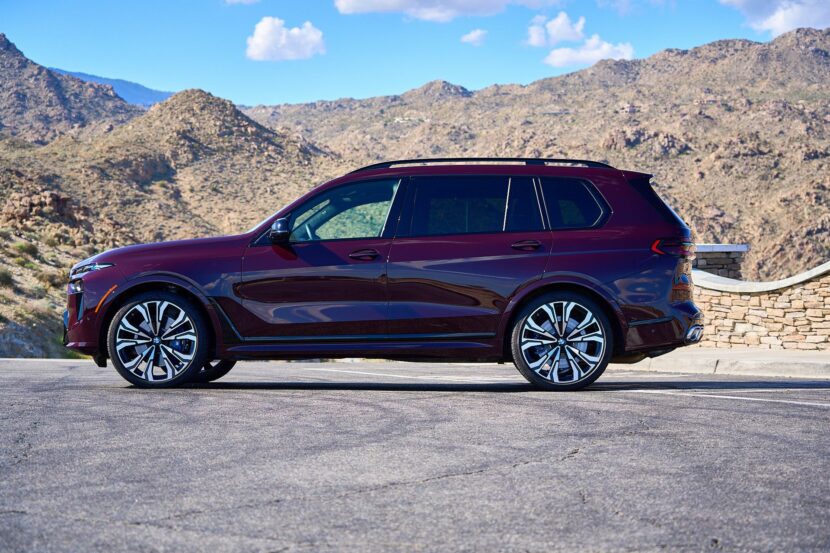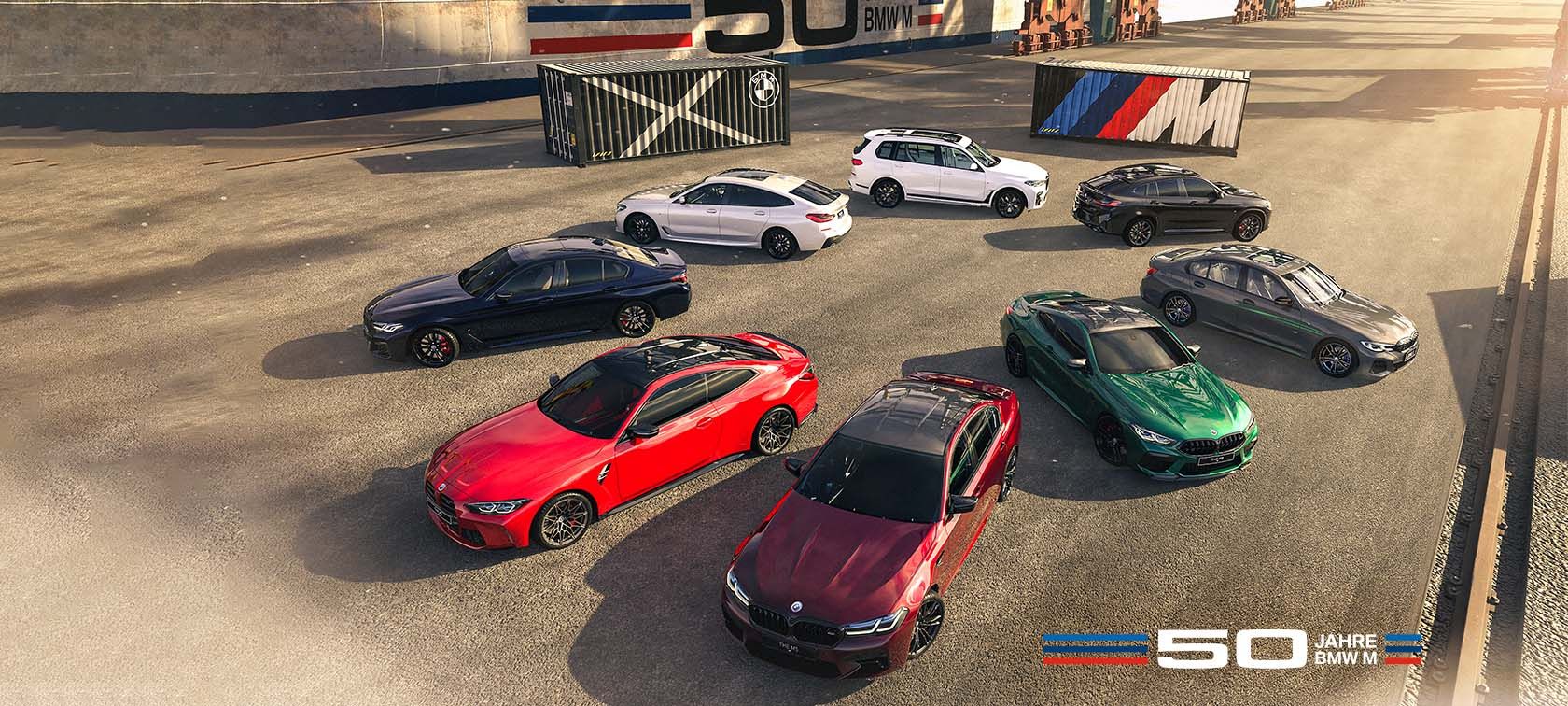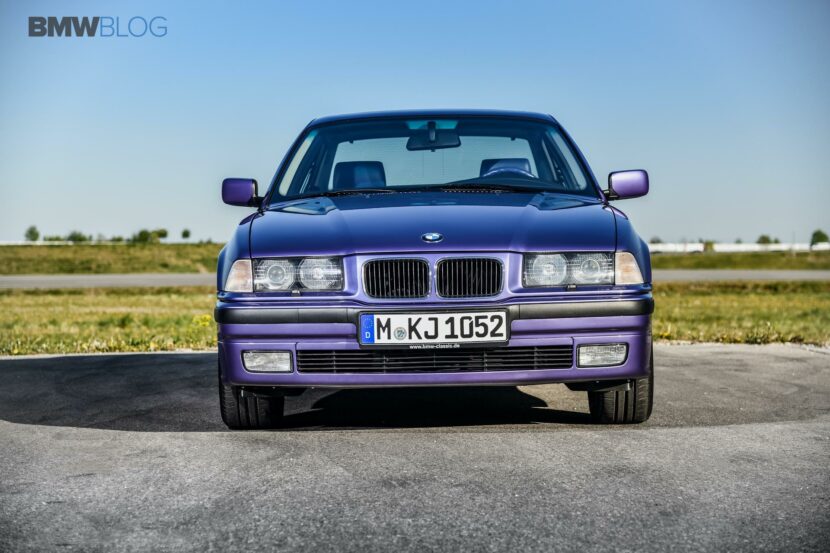BMW’s original profit margin target for 2022 was 8-10%, but the forecast was lowered in March to 7-9% in the wake of Russia’s decision to invade Ukraine. BMW production chief Milan Nedeljkovic told Automotive News Europe the worst is behind as he believes the situation will get better in 2023 in terms of profitability.
In an interview at the Leipzig factory in Germany, Nedeljkovic said BMW expects the semiconductor shortages to continue to have an impact until the middle of 2023. He admitted the lack of necessary components forced the German luxury brand to repeatedly adjust its production plan, but it should stabilize next year. Once it does, a “clear improvement” in margins is projected. Lest we forget deliveries of the XM will start next year and that has all the makings of a hugely profitable model.

When inquired by journalists about the United States’ decision to rely less on semiconductors from China, Nedeljkovic said it won’t happen overnight, especially not in Europe: “This tech decoupling is certainly increasing. But it will not be possible to make interdependence disappear in one go – the industry is too interconnected for that.”
After a record-breaking 2021 in terms of sales, BMW expects fewer deliveries this year. The silver lining is the decrease is slowing down as third-quarter sales suffered a smaller drop compared to the first two quarters of the year thanks to strong customer demand coming from China. Because of the uncertainty caused by supply chain issues and high energy prices, Nedeljkovic refrained from talking about a 2023 forecast.
Interestingly, BMW is having talks with energy suppliers about using hydrogen made from renewable energy as an alternative to gas. However, Nedeljkovic is realistic and knows hydrogen remains more expensive than gas but could become sustainable one day. Much like Toyota, BMW strongly believes in hydrogen also as an alternative to battery-powered EVs, promising to launch a production model before the end of the decade.
Source: Automotive News Europe





































































